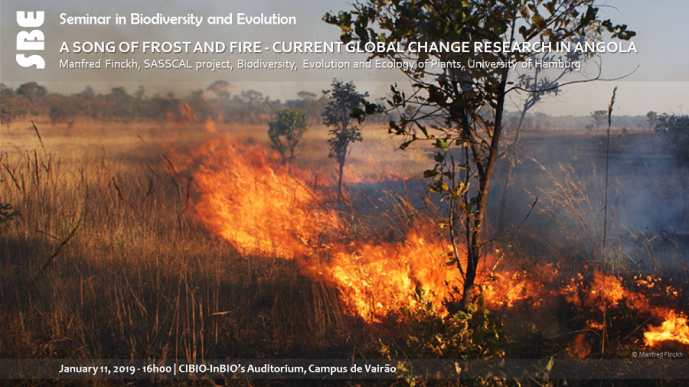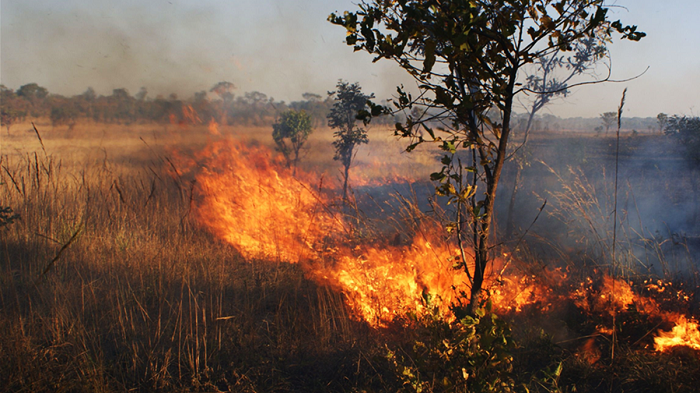A SONG OF FROST AND FIRE - CURRENT GLOBAL CHANGE RESEARCH IN ANGOLA


The SASSCAL initiative with the SASSCAL Observation Net (http://www.sasscalobservationnet.org) form one of the largest infrastructures for biodiversity monitoring and ecosystem studies in Africa. Six observatories have been established in Angola over the last years, providing comparable data for different Angolan ecosystems. The talk will present a selection of environmental research done within the SASSCAL context. Fire is widely considered to be a natural process in forest and grassland ecosystems of the subhumid tropics. However, there is good evidence for most wildfires in Angola being of anthropogenic origin. I will present our studies (including fire experiments) on Angolan fire regimes and fire patterns in order to respond to the question if fire is a tipping mechanism between alternative biome states, with a specific look at the consequences of human dominated fire regimes in a changing environment. Functional traits of Afrotropical grassland biota have generally been considered as fire traits. Data from central Angola, however, show frequent frost events in the dry season. Natural forest-grassland patterns are inversely located to spatial logics of fire dominated landscapes, but correspond perfectly to drain lines of cold air in the hilly landscapes of the Angolan plateau. Thus, the high diversity of geoxylic suffrutex species in the Angolan grasslands can be regarded as evolutionary response to frost rather than to natural fire events. The Angolan plateau is not exempt from anthropogenic pressures on terrestrial land resources. These pressures are controlled by closely coupled and semiautonomously advancing driver-process-chains which can be described as anthropogenic transformation syndromes. The talk will end with an overview on such syndromes and their mutual feedback processes in central Angola.
Manfred Finckh is a geoecologist who did his PhD at University of Bayreuth, Germany. Since 2000 he is part of the working group of Biodiversity, Evolution and Ecology of Plants at University of Hamburg. He is interested in vegetation mapping, vegetation monitoring and change processes in African ecosystems, with a special focus on southern Morocco and south-central Angola. From 2010 to 2016 he participated in the Future Okavango project and since 2010 he is part of the coordination team of the Southern African Science Services Centre for Climate Change and Adaptive Land Management (SASSCAL).
[Host: Pedro Monterroso, Conservation Genetics and Wildlife Management]
Image credits: Manfred Finckh